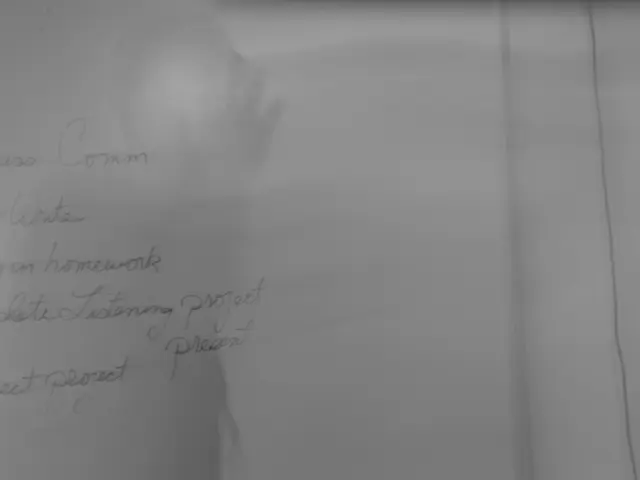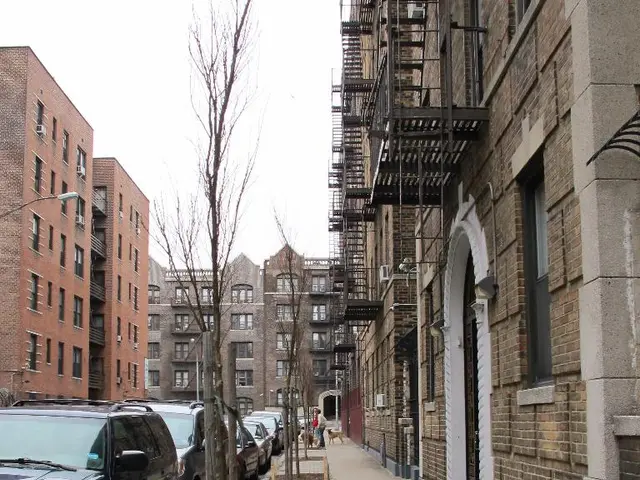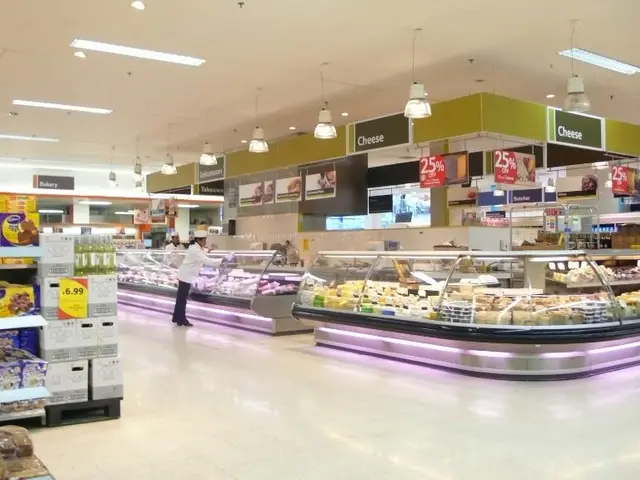Silin accuses Rail Baltica's team of extortion, asserting that he will not succumb to their tactics.
The Rail Baltica project in Latvia, a major infrastructure initiative aimed at connecting the Baltic states with the European rail network, is currently progressing with significant financial support. The European Commission has recently allocated an additional €153.5 million to the project, boosting construction efforts on the southern section of the main line from Lithuania to Salaspils [1][2][3]. This funding will be used to develop railway embankments and electrification systems, with the expectation that about 43% of the mainline will be under construction by the end of 2025 [4].
However, a potential roadblock has emerged. The Latvian Transport Ministry has prepared an informative report outlining the national funding needed for the implementation of the Rail Baltica project in 2025, but this report has yet to appear on the government's agenda. The reasons for this omission remain unclear, as no official explanation has been provided [5].
Prime Minister Krisjānis Karinš has expressed concerns about the project's economy and has stated that he will not accept what he refers to as "blackmail" from the Rail Baltica team [6]. It is not clear what actions the Rail Baltica team may have taken that the Prime Minister considers blackmail. The Prime Minister has also emphasised the need to find economy in the project and has stated that the costs of the project, as previously calculated, must be reduced by at least 20% [7].
The Prime Minister has not provided a timeline for when the project's economy needs to show savings, but the Transport Ministry has indicated that the issue of the informative report needs to be urgently addressed [8]. The Ministry's inability to proceed with implementing the first phase of Rail Baltica, complete design work, receive support in fundraising and legal matters, and use other support functions provided by RB Rail is contingent on the government's decision on additional funding [9].
If the government delays the decision on additional funding, the Ministry will not be able to complete the design work that has started, use other support functions provided by RB Rail, or receive support in fundraising and legal matters [10]. These delays may have implications for the timeline of the Rail Baltica project.
Marko Kivila, Chairman of the Board of RB Rail, has stated that EUR 9.026 million is required for co-financing to cover costs for 2025 [11]. Discussions in the government are on hold until the project's economic results are clear [12].
In conclusion, while the Rail Baltica project in Latvia is financially secure with significant EU funding facilitating ongoing and upcoming construction phases, the delay in the government's decision on additional funding and the exclusion of the Transport Ministry's informative report from the government's agenda pose challenges for the project's timeline and progress. The Prime Minister's emphasis on finding economy in the project and his concerns about potential blackmail from the Rail Baltica team add an element of uncertainty to the project's future.
- The European Commission, recognizing the Rail Baltica project's importance, has granted an extra €153.5 million for construction on the southern section of the main line.
- The Latvian Transport Ministry has prepared a report on the national funding needed for the Rail Baltica project in 2025, but it remains unclear why this report has not been addressed by the government.
- Prime Minister Krisjānis Karinš has raised concerns about the project's economy and insisted on reducing the costs by at least 20%, but has not provided a timeline for demonstrating savings.
- If the government delays the decision on additional funding, the Transport Ministry will face challenges in completing design work, accessing support functions from RB Rail, and raising funds.
- Discussions in the government regarding the project are on hold until the project's economic results are clear, adding an element of uncertainty to the Rail Baltica project's future.




